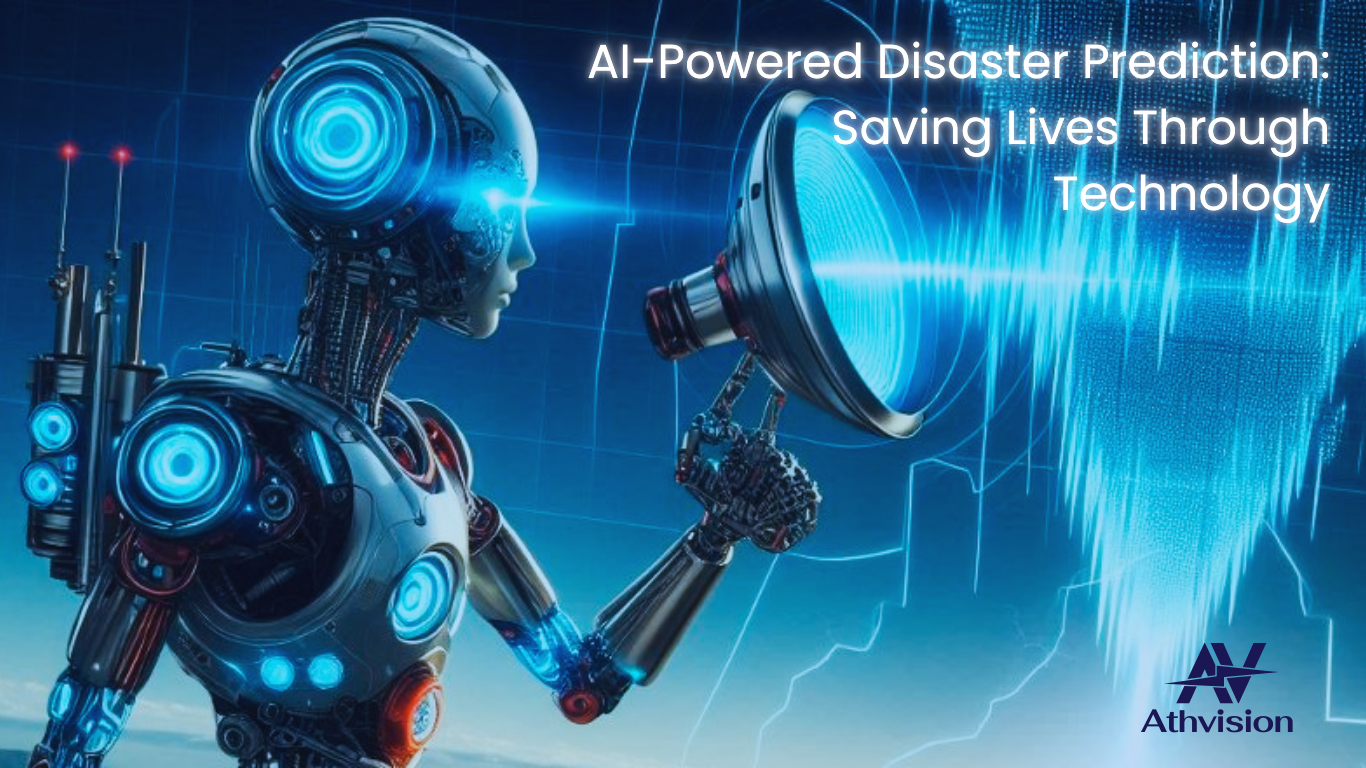The gaming industry has seen an unprecedented shift with the rise of GameFi—where blockchain technology meets gaming, allowing players to earn real-world value while playing. However, the integration of artificial intelligence (AI) has taken GameFi to the next level, enhancing user experience, optimizing in-game economies, and creating new opportunities for both players and developers. AI is now at the forefront of GameFi’s evolution, offering intelligent automation, data-driven decision-making, and market predictions that are transforming the way people interact with virtual economies.
What is GameFi?
GameFi, short for “Game Finance,” is a revolutionary concept that combines blockchain technology with gaming. Unlike traditional video games, where in-game assets hold no real-world value, GameFi enables players to earn cryptocurrency and trade NFTs (Non-Fungible Tokens), creating a decentralized economy where digital assets have tangible worth.
GameFi operates on blockchain-based Play-to-Earn (P2E) models, allowing gamers to monetize their skills and time. Players can collect rare in-game items, stake tokens, and participate in decentralized finance (DeFi) ecosystems within games. Some of the most popular GameFi platforms include Axie Infinity, The Sandbox, and Decentraland, which empower players to own, trade, and earn from their digital assets.
The Evolution of GameFi and AI’s Role
GameFi enables players to earn cryptocurrency and other digital assets through gaming. This play-to-earn (P2E) model has gained popularity with platforms like Axie Infinity, Decentraland, and The Sandbox, where users engage in gameplay while monetizing their efforts. However, as the ecosystem matures, AI has become a key player in optimizing GameFi’s efficiency and sustainability.
AI algorithms are being used to analyze player behavior, predict market trends, and provide personalized gameplay recommendations. This intelligent automation enhances gaming experiences by offering strategic insights, helping players make informed decisions on breeding, trading, and battle strategies. With AI-powered systems, players can maximize their earning potential while reducing the time required for manual market analysis.
How AI Enhances GameFi Ecosystems
1. Smart Gameplay Assistance and Strategy Optimization
AI helps players navigate complex GameFi ecosystems by analyzing historical data and predicting future market trends. For example, in games like Axie Infinity, AI-powered assistants recommend the best Axies to breed based on real-time market demand. Players can optimize their earnings by leveraging AI-driven insights, ensuring they make profitable in-game transactions.
2. AI-Powered Asset Valuation and Trading
Blockchain-based games involve dynamic economies where the value of digital assets fluctuates based on supply, demand, and player activity. AI enhances asset valuation by evaluating historical price data, transaction volumes, and player interest, providing players with accurate price estimations before making a trade. This minimizes risks and ensures fair pricing in NFT marketplaces.
3. Fraud Detection and Fair Gaming Practices
GameFi is susceptible to fraudulent activities such as bot exploitation, unfair gameplay advantages, and marketplace scams. AI-driven security systems detect anomalies in player behavior, flag suspicious transactions, and prevent fraudulent activities. By implementing AI-powered anti-cheat mechanisms, GameFi platforms can maintain integrity and ensure a level playing field for all users.
4. Personalized Gaming Experiences
AI personalizes the gaming experience by curating content tailored to each player’s preferences. Machine learning models analyze user engagement patterns and recommend missions, challenges, and in-game purchases that align with their interests. This increases user retention and enhances the overall enjoyment of the GameFi experience.
5. Automated In-Game Marketplaces
AI is streamlining in-game economies by automating market operations. Intelligent bots assist players in managing their assets, handling trades, and executing transactions based on predefined strategies. These AI-powered trading bots ensure that players can buy and sell their in-game assets at the best possible prices, creating a seamless trading experience.
Real-World Impact of AI in GameFi
The integration of AI in GameFi is not just limited to gameplay optimization—it is reshaping the entire gaming industry. AI is revolutionizing game development, automating content creation, and enabling more immersive storytelling. Furthermore, AI-driven GameFi platforms create economic opportunities for players, particularly in regions where traditional job opportunities are limited.
For example, many players in developing countries rely on GameFi as a primary source of income. AI-powered analytics allow them to make informed decisions, reducing risks and increasing profitability. Additionally, AI-driven guilds and communities are emerging, where players collaborate and share AI-generated insights to improve their gameplay and earnings collectively.
Advantages of GameFi and AI Integration
GameFi is reshaping the gaming industry by creating real economic opportunities. When combined with AI, the benefits multiply, offering a smarter, more immersive, and financially rewarding gaming experience.
1. Financial Empowerment for Players
Unlike traditional gaming, where players invest money but don’t earn anything in return, GameFi allows users to monetize their skills. With AI-driven insights, players can strategically optimize their assets and maximize their earnings.
2. Decentralized Ownership and True Digital Property Rights
In traditional gaming, in-game assets are controlled by game developers. GameFi, powered by blockchain, gives players complete ownership of their NFTs, which can be traded, sold, or transferred across different platforms.
3. Democratization of Gaming
AI and GameFi eliminate barriers to entry by offering beginner-friendly tools, intelligent tutorials, and predictive models that assist new players in understanding game mechanics without prior experience.
4. AI-Driven Fair Play and Game Balance
AI can detect and mitigate pay-to-win mechanics, cheating, and in-game economy manipulation, ensuring that the gaming experience remains balanced and fair for all players.
Challenges and Future Prospects of AI in GameFi
While the integration of AI in GameFi brings innovation and efficiency, it also presents several challenges that must be addressed to ensure the industry’s long-term success.
Challenges of AI in GameFi
- Data Privacy and Security
AI-driven GameFi platforms rely heavily on player data to provide personalized experiences. However, concerns arise regarding how this data is collected, stored, and used. If not handled properly, personal information could be misused, leading to security breaches or unethical data exploitation. Stronger encryption methods, transparent data policies, and compliance with regulations will be crucial in mitigating these risks. - Algorithmic Fairness and Bias
AI systems analyze vast amounts of data to optimize gameplay mechanics and marketplace trends, but bias in AI algorithms can create an unfair gaming environment. For instance, AI-powered matchmaking might unintentionally favor certain players or strategies, leading to an imbalanced ecosystem. Developers must ensure AI fairness and transparency by continuously auditing and refining their algorithms. - Economic Impact and AI’s Role in In-Game Economies
AI has the power to shape GameFi’s digital economies by analyzing market trends and player behaviors. However, if AI-driven automation dominates the ecosystem, it could create issues like inflation of in-game assets, over-reliance on AI bots, or unfair market manipulation. Ensuring human oversight and balancing AI intervention will be critical in maintaining a stable and player-driven economy. - Trust and Ethical Concerns
AI’s decision-making processes are often complex, making it difficult for players to understand how game mechanics are influenced. If AI dictates crucial aspects of gameplay, such as asset valuation or player rewards, it may erode trust if users feel they are being manipulated by the system. Transparency, explainability, and decentralized governance will be essential in earning and maintaining player confidence.
Future Prospects: The Next Evolution of AI-Powered GameFi
Despite these challenges, the future of AI in GameFi is incredibly promising. As technology advances, AI will play an even greater role in shaping the GameFi landscape in the following ways:
- Hyper-Personalized Gameplay
AI will continue to enhance player engagement by offering highly customized gaming experiences. Through deep learning and behavioral analysis, AI can dynamically adjust game difficulty, suggest in-game purchases, or recommend earning strategies, making each player’s journey unique and rewarding. - Advanced AI-Driven NPCs and Game Worlds
Future GameFi titles will leverage AI-powered NPCs (non-playable characters) that react intelligently to player actions, creating more immersive and dynamic virtual worlds. AI could even enable fully autonomous game economies where virtual characters engage in trade, form alliances, or compete, adding depth and realism to blockchain-based metaverses. - AI-Enhanced Security and Fraud Prevention
As GameFi platforms grow, so does the risk of fraud and exploitation. AI will be instrumental in detecting cheating, identifying suspicious transactions, and preventing scams in blockchain-powered gaming environments. Smart contracts and AI-driven audits will further secure digital assets and ensure fair play. - Integration of AI with Decentralized Autonomous Organizations (DAOs)
The fusion of AI and decentralized governance will redefine decision-making in GameFi. AI-driven DAOs could analyze community preferences and optimize tokenomics, reward distributions, and in-game mechanics based on real-time player feedback. This could lead to more sustainable, community-driven gaming ecosystems where decisions are data-backed and player-centric. - AI and the Metaverse
AI’s role in GameFi will extend beyond gaming and into the metaverse, where blockchain-powered virtual worlds will be enriched with AI-driven avatars, marketplaces, and social interactions. Imagine an AI-powered assistant that guides players through decentralized gaming hubs, helps them trade NFTs, or even co-develops new in-game assets—this is the future AI promises in GameFi.
The Future of AI-Powered GameFi
The GameFi sector is still in its infancy but is evolving at an unprecedented rate. AI will play an even bigger role in the coming years by enabling metaverse integrations, dynamic storytelling, and real-time AI-generated game assets. Here’s what we can expect in the near future:
1. AI-Powered Metaverse Gaming Worlds
AI will create immersive, AI-driven metaverse experiences where characters, environments, and in-game economies adapt in real time based on player interactions.
2. Smarter NFTs with AI Personalities
NFT-based game characters may have AI-powered traits, allowing them to learn and evolve over time based on how players interact with them.
3. Play-to-Earn 2.0 with Sustainable Economic Models
Current P2E models face sustainability challenges. AI can regulate token supplies, prevent hyperinflation, and create more stable and balanced in-game economies.
4. Cross-Platform AI Assistants for Gamers
AI assistants could provide real-time coaching, manage assets, and suggest optimal investment strategies across multiple GameFi platforms, making gaming more profitable and enjoyable.
Conclusion: The Road Ahead for AI and GameFi
As GameFi continues to redefine the gaming industry by merging blockchain technology with real-world financial incentives, the integration of artificial intelligence (AI) is taking it to even greater heights. AI is not only enhancing gameplay mechanics but also optimizing in-game economies, personalizing player experiences, and ensuring security in decentralized gaming ecosystems.
The evolution of AI-powered GameFi is paving the way for a smarter, fairer, and more immersive gaming landscape. From intelligent NPCs that adapt to player interactions to AI-driven financial models that sustain virtual economies, the potential for AI in GameFi is limitless. However, as this technology advances, the industry must address key challenges, including data privacy, algorithmic fairness, and economic stability. Transparency, fairness, and decentralized governance will be critical in ensuring AI’s responsible use in GameFi.
Looking ahead, the future of GameFi will be shaped by AI-driven metaverse integrations, intelligent NFT characters, and sustainable Play-to-Earn (P2E) models. With continued innovation, AI will empower players, developers, and investors alike—transforming digital gaming into a fully immersive, economically viable, and technologically advanced ecosystem.
The journey has just begun. As AI and GameFi evolve together, the gaming world will no longer be just about entertainment—it will be a dynamic economy where skill, strategy, and intelligence create real-world value.





